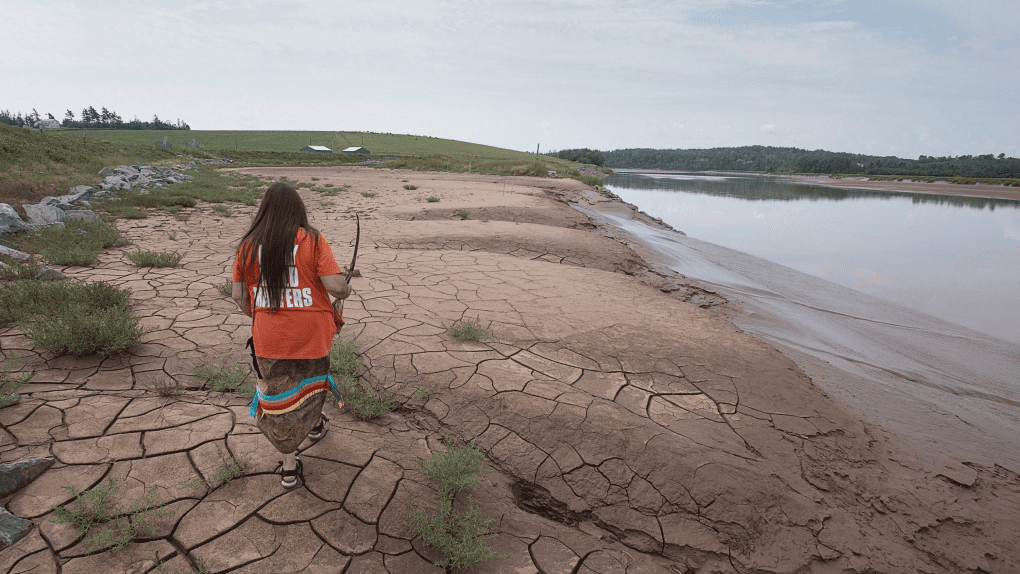After over seven years of court hearings, arrests and strong resistance from the Mi’kmaw community, the controversial Alton Gas project has been cancelled!
This project would have used water from the Shubenacadie River in Nova Scotia to create large, underground storage caverns for natural gas. Members of the Sipekne’katik First Nation raised concerns that the project would damage and pollute the 73-kilometre tidal river with toxic brine making it dangerously saline, especially to native fish like the three-spined stickleback.
Dorene Bernard, a Mi’kmaq Grassroots Grandmother and Water Protector of the Sipekne’katik Band, described the river as “a major artery for our people” and that the river “has a very significant historical, spiritual and cultural relevance to who we are.”
Our heartfelt congratulations and gratitude go out to all of the water and land protectors, and the people of Nova Scotia, that made this happen.
This approach to fighting project by project from large companies trying to pollute our environment, especially where Indigenous, racialized and low income Canadians live, isn’t working. That’s why we need a national strategy to advance environmental justice. Earlier this month, we joined the Canadian Coalition for Environmental and Climate Justice (CCECJ) to call on the government to re-introduce Bill C-230. If re-introduced and passed, this Bill would examine the link between race, socio-economic status, and exposure to environmental risk. This is a critical first step toward acknowledging the legacy of environmental racism in Canada and ensuring that all people in Canada benefit from environmental protection policies.
Stay tuned on our progress to fight for better protections for people most vulnerable to harm from toxics and those living in communities where exposure is high; recognizing the right to a healthy environment for the first time in federal law; and the clean-up of contaminated sites.







